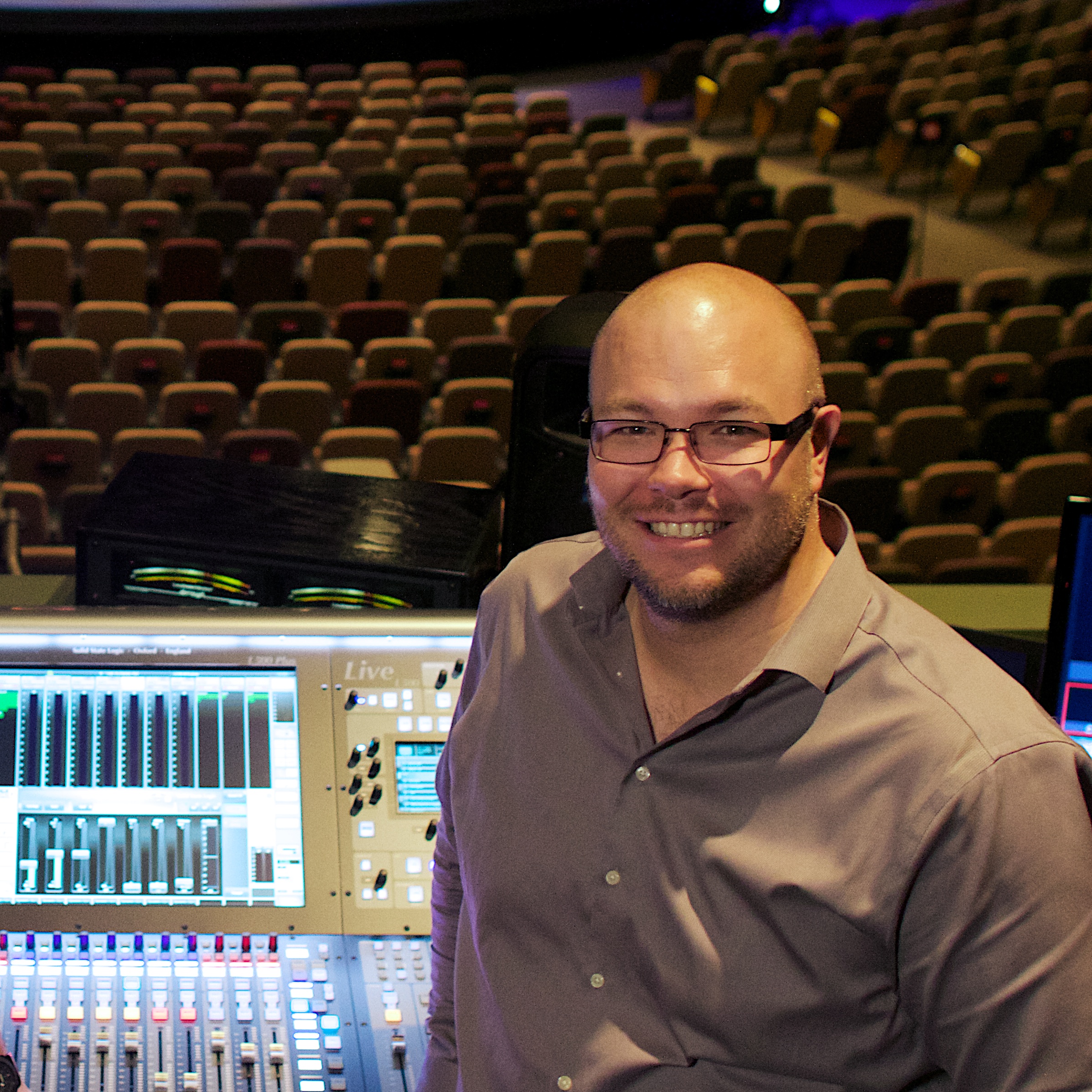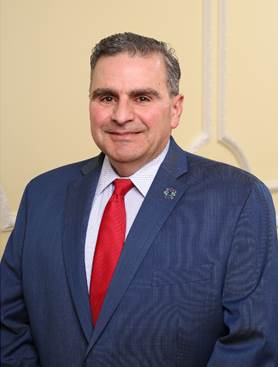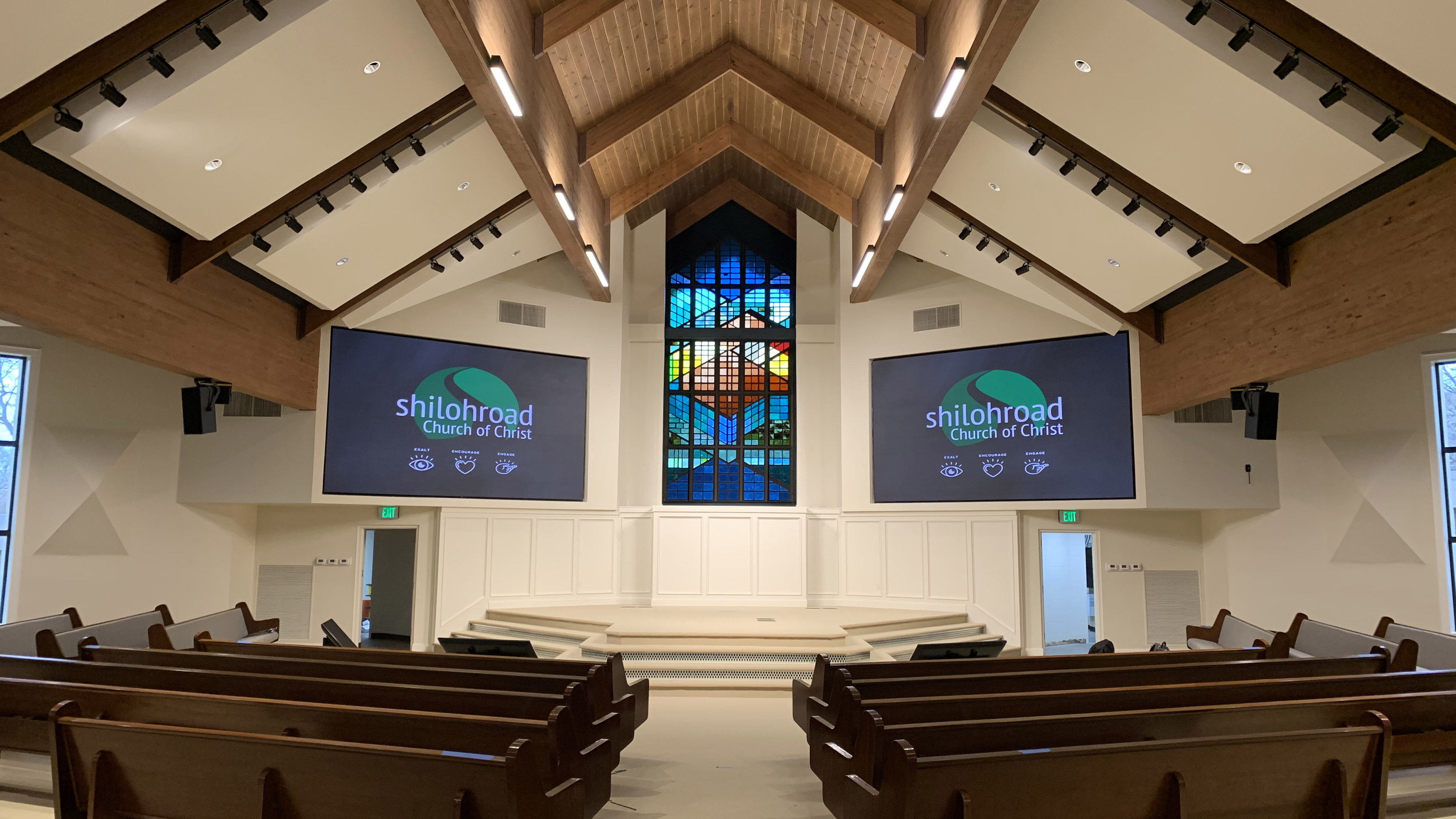When most people think of live-streamed worship services, they think of lavish productions broadcast from large auditoriums packed with congregants. Life has changed. Even though pandemic restrictions are easing in some states, allowing facilities to welcome a portion of their congregation to worship in person, houses of worship (HoW) of all sizes and denominations still need to support the majority of their flock with remote broadcasts, reaching them where they live.
[The Integration Guide to Houses of Worship]
Houses of worship that had little AV other than a microphone and speakers before the COVID-19 crisis are turning to AV integrators to help them get set up and streaming, and existing HoW clients are reaching out for additional support.

Tumwater, WA-based CCI Solutions is coming up on its 45th anniversary of partnering and serving churches and performance venues of all sizes, from small home churches to megachurches that hold thousands of parishioners. “Serving churches has been a primary part of our DNA since the beginning,” said Duke DeJong, former vice president, sales and integration at CCI, and now president of integration at Vantage Pro.
CCI is not only a design-build integrator; the company also has a full team dedicated to the DIY side, which includes web, catalog, and phone sales of audio, video, and lighting equipment. “Being a full-service integrator and a supplier of gear for those with smaller needs means we have people dedicated to the building projects as well as the day-to-day needs of churches,” said DeJong. This focus helped the company respond quickly during the “stay at home” recommendation as the COVID-19 pandemic spread across communities this spring.
Streaming More
Even before COVID-19, most of the large churches that CCI services were already streaming their ceremonies in some capacity. “For those that were already capturing and/or streaming their services, this period of COVID-19 adjustment has been focused on improving the online experience for their audience and adding additional weekly experiences to engage their congregation,” said DeJong. This has included midweek prayer services, kids and youth programming, and extended worship events. “Our role has been to help these churches upgrade systems that improve their experience online, or that help them adjust sets, lighting, etc. to the new content they are working to provide,” he said.
[The Integration Guide to Streaming]
Since the pandemic started, CCI’s team of national sales consultants has been helping many churches stream services for the first time. “My focus over the last two months has shifted significantly to working more closely with manufacturers to acquire stock of products that these churches need, such as small-format video switchers, professional camcorders, and video encoders,” said DeJong. “The vast majority of my time since early March 2020 has been split between supporting my team’s sudden change to remote work, and sourcing and bringing in product that our clients need by ‘this weekend.’”

How are other HoW integration companies faring? Colts Neck, NJ-based CSAV Systems saw an uptick in new business once the pandemic forced congregants to stay at home. “Many of these new clients are referrals from clients who are already streaming in some way, shape, or form,” said CSAV Systems CEO Glen Dalakian. “Recent needs are becoming more sophisticated as they recognize that more people are streaming, so they are investing more time in enhancing the production value of the programming they deliver.”
Until COVID-19, churches’ streamed services were for congregants who were unable to leave their home, or to serve those who had moved. This effort benefitted only a small percentage of the worship community. “But when churches closed, the entire congregation was more likely to participate in streaming events.” Even as stay-at-home restrictions have eased, there are still a significant number of parishioners who would rather to watch a livestream than risk their health by visiting their church in person.
Live or Recorded?
Given that audiences were not allowed in many churches early in the pandemic, AV teams needed to figure out how to deliver engaging live streamed services and performances.
“It can be challenging to translate for a broadcast audience. Many churches have reconfigured their sanctuaries, stages, and even their camera positions to create more of a broadcast studio feel,” said DeJong. “It only makes sense, then, to pre-record the worship and message, which allows time to dial in mixes and video cuts in post-production—raising the game and really fine-tuning the final version of what the online audience will see.”
In this scenario, some churches are recording multiple weeks’ worth of content all at once—minimizing the number of times a band and technical staff need to come together to record, and maximizing safety for all involved.
Unfamiliar Territory
Dalakian noted that internet availability in sanctuaries, the lack of skilled operators, and consistency of programing are some of the main challenges for churches just starting to stream services.
A lack of familiarity on the part of the house of worship staff about the equipment needed is another challenge in delivering the right solution. “There is so much misleading information on the internet that causes people to think that cheap solutions are viable,” said Dalakian. “Many have tried the DIY route, only to be disappointed and lose their audience. The proper technology makes for seamless operation with consistent delivery.”
For many venues, the unexpected cost of equipment is the biggest hurdle. No church, organization, or large company budgeted for this completely unprecedented event. “Most churches that have never streamed before really have no video equipment to work with, so they’re starting from scratch,” said DeJong. “They don’t need a lot, but even a basic switcher, a single camera, and an encoder can add up to $3,000 to $5,000 pretty quick.”
Not every church has this money available, but they should start putting funds aside because it’s the cost of staying engaged with their congregation.
Indoctrinated Into Streaming
If there is a positive to come out of the pandemic, it is that once houses of worship begin to incorporate streaming as a regular part of the worship service, it’s unlikely that they will stop—even once life returns to a semblance of normalcy. Instead, a whole new segment of integration clients will have been indoctrinated and enjoying the benefits.

